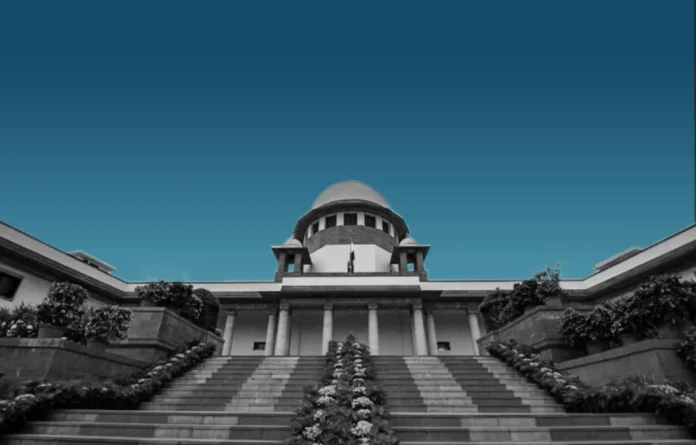The Supreme Court of India has granted bail to gangster-turned-politician Arun Gawli in the long-pending case concerning the murder of Shiv Sena corporator Kamlakar Jamsandekar, which took place in 2007. The decision came after the Court noted that Gawli and other convicts had already spent almost 18 years in custody.
Taking into account the advanced age of Gawli, who is now 73, the bench comprising Justices M. M. Sundresh and N. Kotiswar Singh decided that continued incarceration was no longer justified at this stage.
The apex court clarified that the bail was being granted during the pendency of the appeal and that the release would remain conditional upon strict compliance with the terms imposed by the trial court. It further directed that the final hearing of the appeal will be taken up in February 2026, bringing the long-delayed proceedings closer to a potential conclusion.
The bench also safeguarded the interests of the prosecution by allowing the State to approach the Court for cancellation of bail if Gawli or the other convicts are found to be violating conditions or engaging in any unlawful activities.
The case has had a turbulent history, drawing wide public attention in Maharashtra. Kamlakar Jamsandekar, then a Shiv Sena corporator, was shot dead at his residence in March 2007, a killing that was widely attributed to political and underworld rivalries of that time.
Arun Gawli, once a formidable name in Mumbai’s underworld who later entered politics and was elected as an MLA, was among those convicted in connection with the crime. Since his conviction, Gawli had remained behind bars, his repeated attempts for bail having been rejected until now.
The Supreme Court’s ruling paves the way for his release after nearly two decades of imprisonment, subject to the approval of the trial court and fulfillment of bail conditions. For Gawli, who transitioned from a notorious gang leader to a political figure, the decision marks a turning point in a case that has cast a shadow over his life for years.
For the legal system, it also underscores the balance courts seek between ensuring justice for victims while acknowledging prolonged incarceration and humanitarian concerns.


